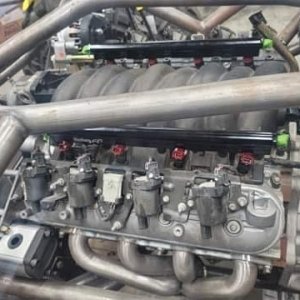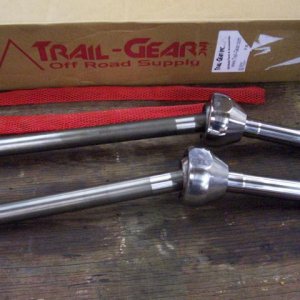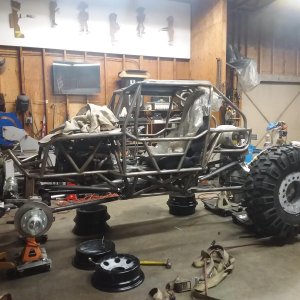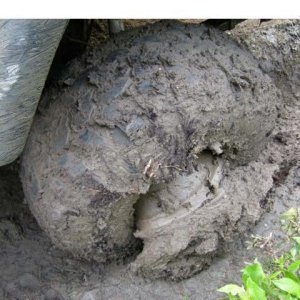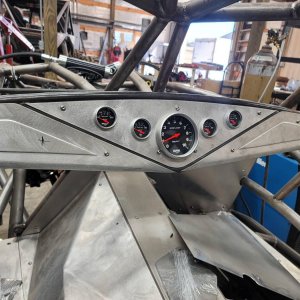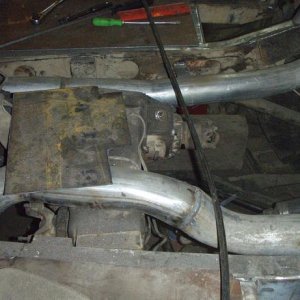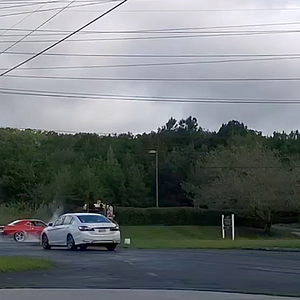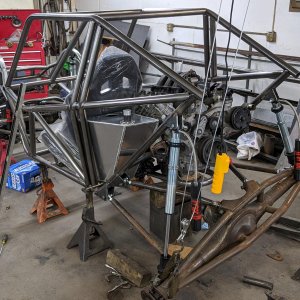patooyee
Well-Known Member
- Joined
- Sep 27, 2008
- Messages
- 5,692
I have owned and used a couple different generators in my lifetime for small tasks like running grinders and welders on the trail, etc. I've never worked one to capacity nor had to worry about capacity.
I bought a house recently and my dad gave me one of these as kind of a house warming present. (It's one he has had for several years and no longer uses.)
http://powerequipment.honda.com/generators/models/em6500
I've participated in much of the maintenance of this thing over the years for him and know it fairly well mechanically. But what I do not understand is how much of my house it is capable of powering. (I know not everything.)
Living on the Gulf EVERYONE has generators here. Its kind of a necessity of life. He has a huge Generac natural gas generator built into his house on a massive automatic transfer switch that is very nice. It turns on and off automatically when the power goes out and is large enough to run the entire house and then some. We also have a massive Baldor with a Cummins in it that runs our entire restaurant when the power goes. I know this isn't near that capacity but I do have an opportunity to buy a transfer switch for it cheap and am wondering if it is worth it. If it can run my fridge, a/c, and lights all at once then the transfer switch would probably be worth it. But if it can only run one of those items I would probably just bust it out and run some extension cords manually when the situation called for it.
Thanks for any advice.
I bought a house recently and my dad gave me one of these as kind of a house warming present. (It's one he has had for several years and no longer uses.)
http://powerequipment.honda.com/generators/models/em6500
I've participated in much of the maintenance of this thing over the years for him and know it fairly well mechanically. But what I do not understand is how much of my house it is capable of powering. (I know not everything.)
Living on the Gulf EVERYONE has generators here. Its kind of a necessity of life. He has a huge Generac natural gas generator built into his house on a massive automatic transfer switch that is very nice. It turns on and off automatically when the power goes out and is large enough to run the entire house and then some. We also have a massive Baldor with a Cummins in it that runs our entire restaurant when the power goes. I know this isn't near that capacity but I do have an opportunity to buy a transfer switch for it cheap and am wondering if it is worth it. If it can run my fridge, a/c, and lights all at once then the transfer switch would probably be worth it. But if it can only run one of those items I would probably just bust it out and run some extension cords manually when the situation called for it.
Thanks for any advice.



 Or five 10s or three 15s and a ten, well you get the idea.
Or five 10s or three 15s and a ten, well you get the idea.